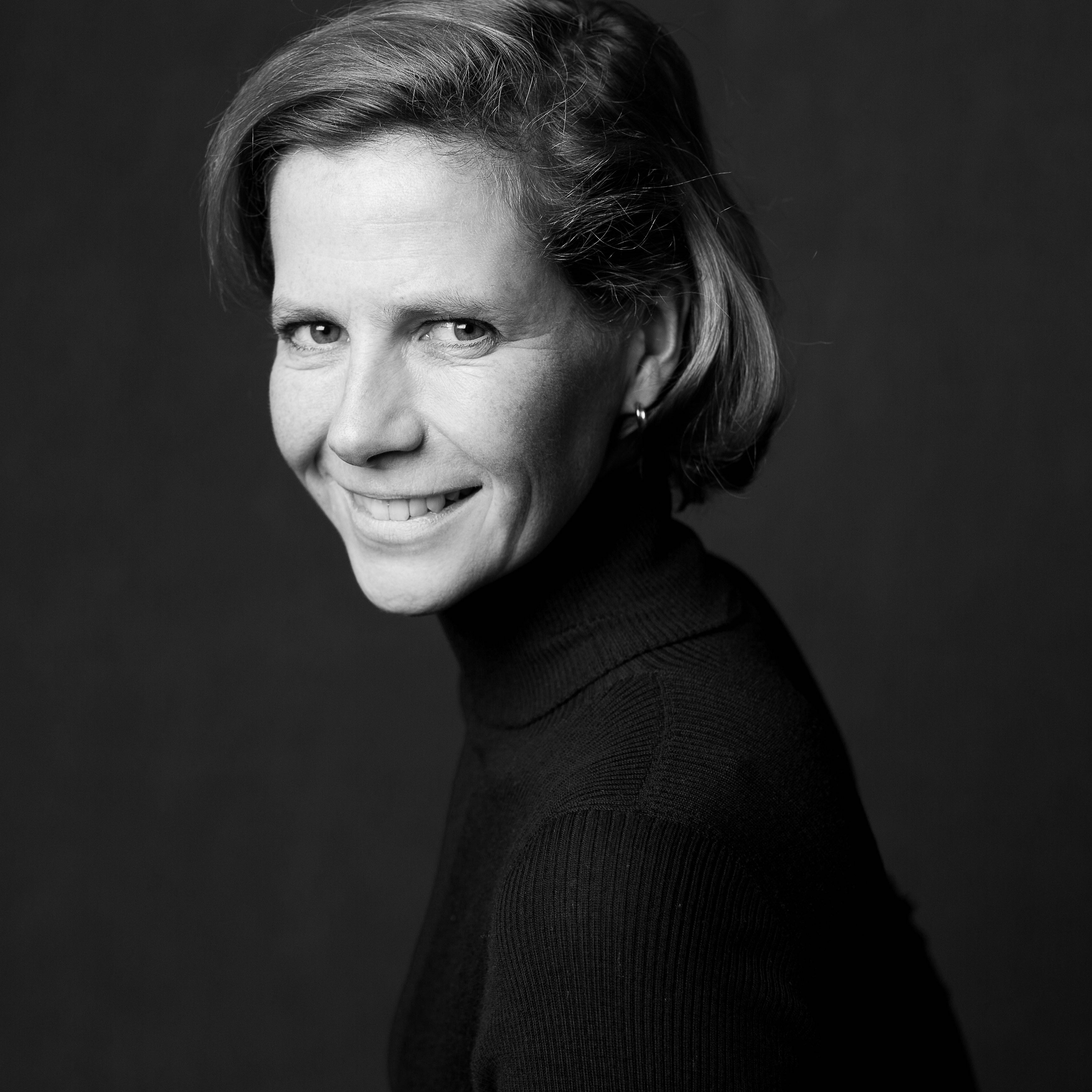Category: Neuroscience
-
The AI composer
COMPUTER scientist Luc Steels uses artificial intelligence to explore the origins and evolution of language. He is best known for his 1999–2001 Talking Heads Experiment, in which robots had to construct a language from scratch to communicate with each other. Now Steels, who works at the Free University of Brussels (VUB), has composed an opera…
-
The anatomy of terror
WHAT makes someone prepared to die for an idea? This is a question that concerns anthropologist Scott Atran of the University of Oxford’s Centre for Resolution of Intractable Conflicts. Research he has led in some of the most embattled regions of the world, including in Mosul, suggests the answer comes in two parts. Jihadists fuse…
-
Pope Francis champions Huntington’s disease
YOSBELY Soto Soto shares a corrugated iron hut with her two sons on the shores of Venezuela’s Lake Maracaibo. The heat inside has been unbearable since her husband left her a few years ago, taking the air conditioner with him. The 32-year-old has to beg for food to feed herself and her children, something made…
-
Inside the minds of torturers
WHEN Françoise Sironi was 6, her grandfathers met for the first time. One was Italian, the other from the French frontier region of Alsace. She remembers the conversation turning serious, then being mystified when the men fell weeping into each other’s arms. They had discovered they fought in the same first-world-war battle – but on…
-
The Pope and Huntington’s disease
FRANKLIN Soto will develop Huntington’s disease (HD), a lethal genetic disorder that causes progressive mental and physical deterioration and for which there is no cure. His two sisters already have it. His wife died of the disease last year, and his three-year-old daughter has a 75 per cent chance of developing it. Franklin’s was among…
-
How crowds affect your health
GLASTONBURY 1997, the 2002 Winter Olympics in Salt Lake City, the pilgrimage to Lourdes in 2008: what do they have in common? All three were the backdrop to outbreaks of communicable disease, and so of interest to doctors working in mass gathering medicine. The goal of this relatively young field is to address the specific health…
-
Mapping the uncanny valley
ON THE face of it, The Polar Express was a sure-fire winner: starring Tom Hanks, it told the charming story of a boy’s magical train journey to the North Pole. But when the movie came out in 2004, there was a problem: the ultra-realistic animation gave some viewers the creeps. Five years later, when James…
-
On shared memories
WHAT were the greatest human catastrophes of the 20th century? When asked this question, most people answer the Second World War, followed by the First World War. The former killed around 50 million people, the latter 17 million. But there was another catastrophe that dwarfed both of these, that is rarely mentioned. The influenza pandemic…
-
Roots of brutality
WHY would an apparently normal young adult drop out of college and turn up some time later in a video performing a cold-blooded execution in the name of jihad? It’s a conundrum we have been forced to ponder ever since a group calling itself ISIS declared war on infidels. But 70 years ago we were…
